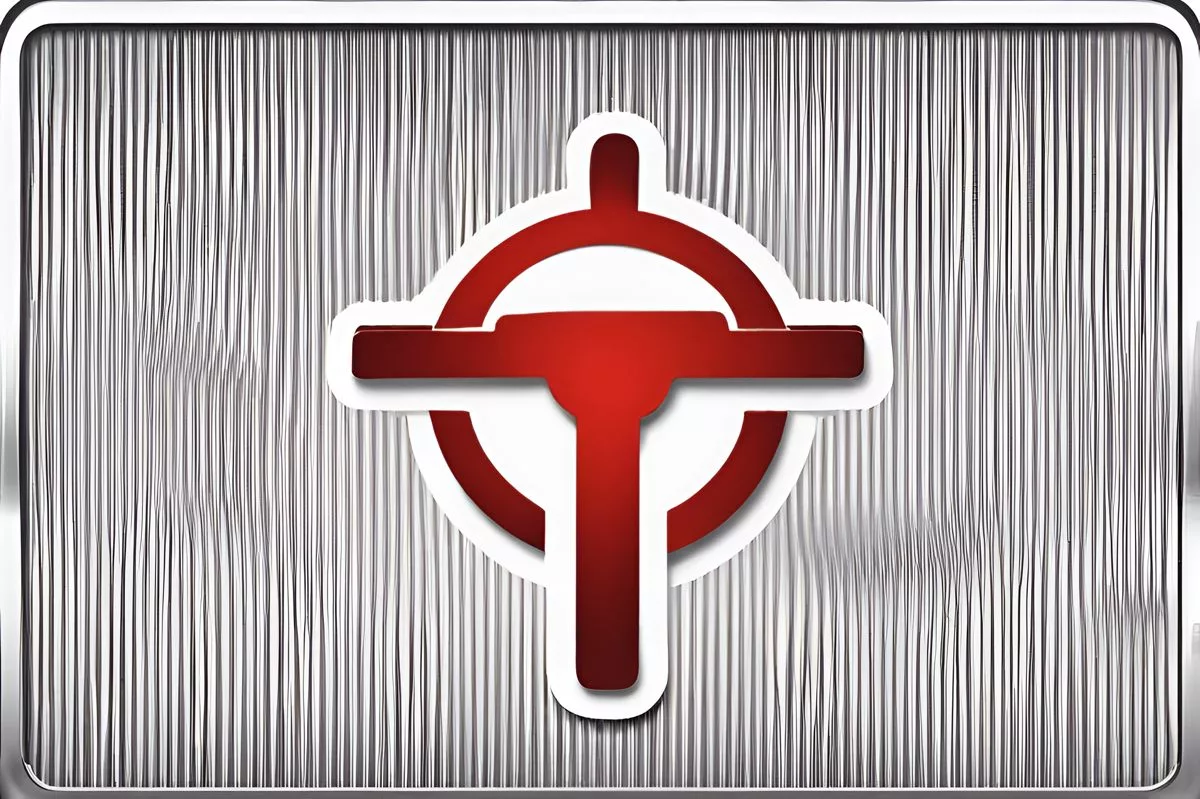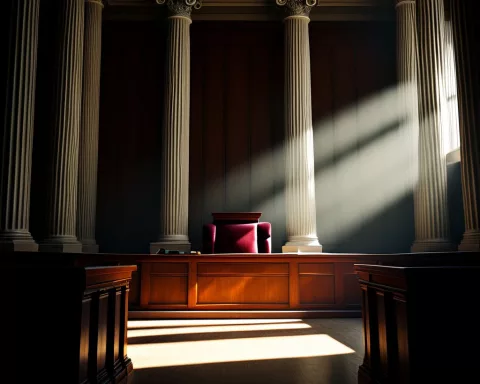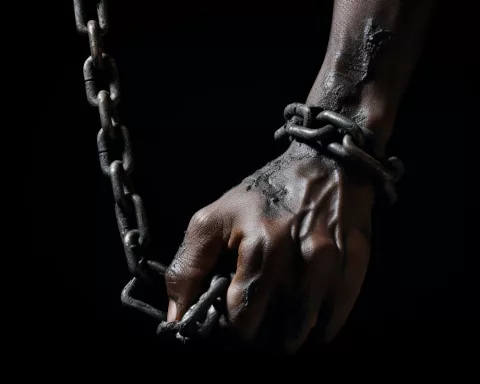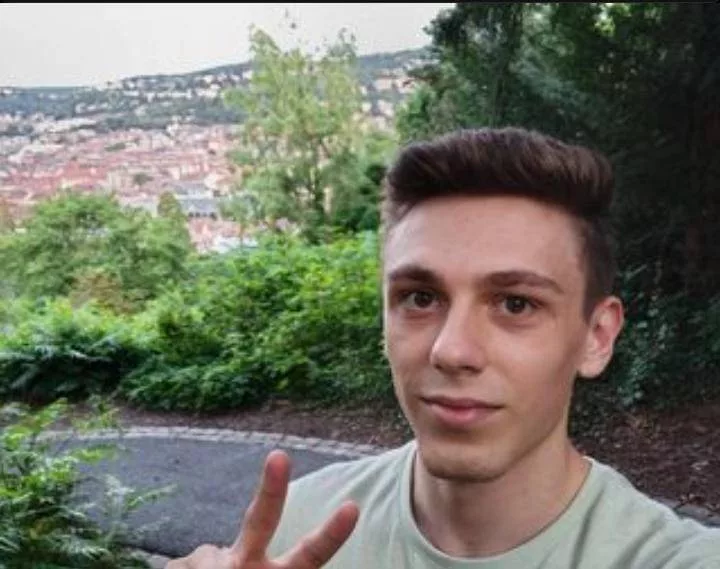A disturbing incident involving sexual assault and murder threats from Martin Jacobson towards a woman on social media has sparked discussions around social media ethics and the responsibility of public figures. The incident highlights the need for prompt and decisive action against online hate speech and emphasizes the role public figures play in governing discourse on their platforms. Public figures have a moral duty to explicitly condemn such behavior as it sets the standard for their followers and ensures the maintenance of dignity and respect associated with their positions.
Incident involving sexual assault and murder threats from Martin Jacobson towards a woman on social media has raised concerns about social media ethics and the responsibility of public figures. The incident highlights the need for prompt and decisive action against online hate speech and the role public figures play in governing discourse on their platforms. Public figures have a moral duty to explicitly condemn such behaviour as it sets the standard for their followers.
Section 1: A Disturbing Case
In an event that has sparked discussions on both social media ethics and the obligations of public figures, a legal warning has been issued to Martin Jacobson, sibling of Freedom Front Plus (FF+) City Councillor Paul Jacobson. The admonition was delivered in response to allegations of Martin issuing threats of sexual assault and murder towards a woman and her kin. The hearing, taking place at Strand Magistrates’ Court, has been postponed to April 5th.
The accusations aimed at Martin Jacobson find their roots in a remark he posted on his brother’s Facebook wall. The woman he threatened, Cassia Souza, had initially reacted to a status update by Councillor Jacobson that involved South Africa’s engagement with the International Court of Justice. She vehemently opposed the councillor’s views, implying that he was giving his consent to appalling acts of violence against ordinary people.
However, rather than approaching Souza’s comment with a level-headed discussion or choosing to ignore it, Martin Jacobson retaliated with threats of violence. His shocking quote read, “Maybe I should send people to rape and murder your family and community… Let me come rape you and your daughters.”
Section 2: The Aftermath and Outrage
What raised even more eyebrows was Councillor Jacobson’s reaction, which was to ‘like’ his brother’s distasteful comments instead of denouncing them. It was only after receiving complaints from other users that the post was finally removed.
The alarming episode has triggered a wave of public anger, with many demanding justice and action against the Jacobson siblings. Nazier Paulsen, a representative of the Economic Freedom Fighters (EFF), has expressed his support for Souza. He accompanied her to the police station to lodge a complaint against Martin Jacobson and has publicly criticized the councillor for his silent endorsement of his brother’s violent threats.
Souza, known as a devout and private individual, has been subjected to severe harassment and intimidation following the incident. The emotional turmoil and trauma experienced by her and her spouse, Reza, in the aftermath of the threats have spotlighted the destructive effects of online hostility.
Section 3: The Issue of Online Hate Speech and the Role of Public Figures
This incident has cast a spotlight on the problem of online hate speech and the role public figures play in moderating and governing the discourse on their platforms. It underlines the need for prompt and decisive action when dealing with such violations. Public figures, such as councillors, have a moral duty to explicitly condemn such behaviour—it’s crucial for maintaining the dignity and respect associated with their positions.
Public figures like Councillor Jacobson carry a certain degree of responsibility towards their followers. Their words and deeds set the standard, and their endorsement or silent approval of harmful behaviour can only make such actions seem acceptable. It serves as a harsh reminder of the power and influence public figures possess and the necessity to wield this power responsibly.
Section 4: The Continuing Conversation
Although the case against Martin Jacobson will proceed in April, it has already initiated a crucial dialogue about online behaviour, the influence of public figures, and the demand for stricter regulations against online hate speech. This conversation is not only pertinent to Cape Town or South Africa, but to all societies wrestling with the challenges presented by the digital era.
1. What is the Martin Jacobson incident and why has it sparked discussions about social media ethics and public responsibility?
The Martin Jacobson incident involves the issuing of sexual assault and murder threats towards a woman on social media. This incident has brought to light the need for prompt action against online hate speech and emphasizes the role public figures play in moderating and governing discourse on their platforms.
2. What was the reaction of Councillor Jacobson to his brother’s comments and why was it criticized?
Councillor Jacobson ‘liked’ his brother’s comments instead of denouncing them, which was criticized as a silent endorsement of violence. It was only after receiving complaints from other users that the post was removed.
3. What has been the public reaction to the incident and what action has been taken?
The incident has caused public outrage, with many demanding justice and action against the Jacobson siblings. A legal warning has been issued to Martin Jacobson, and the case against him will be heard in court. Nazier Paulsen, a representative of the Economic Freedom Fighters (EFF), has expressed his support for the victim and criticized Councillor Jacobson for his silent endorsement of his brother’s violent threats.
4. Why is the incident a reminder of the power and influence public figures possess?
Public figures like Councillor Jacobson carry a certain degree of responsibility towards their followers. Their words and deeds set the standard, and their endorsement or silent approval of harmful behavior can only make such actions seem acceptable. This incident serves as a reminder of the power and influence public figures possess and the necessity to wield this power responsibly.
5. What is the issue of online hate speech and why is it important to address it?
Online hate speech involves the use of derogatory or harmful language towards individuals or groups on the internet. It is important to address it because it can cause emotional trauma and harassment, and can contribute to the normalization of harmful behavior.
6. What is the importance of the continuing conversation about online behavior and public responsibility?
The continuing conversation about online behavior and public responsibility is important because it helps to establish standards of conduct and encourages individuals to use their influence responsibly. It also raises awareness about the impact of online behavior on individuals and communities and promotes the need for stricter regulations against online hate speech.












